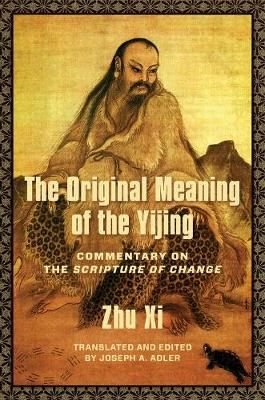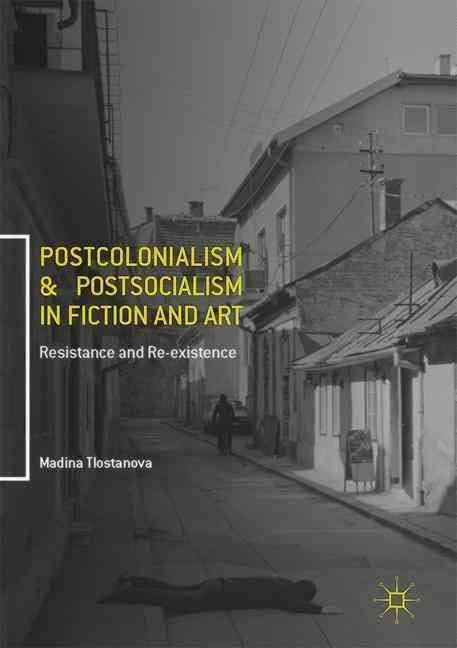This complements our The Classic of Changes: A New Translation of the I Ching as Interpreted by Wang Bi (1994). Wang Bi’s commentary was the most influential interpretation from the 3rd century to the late twelfth, when it was supplanted by those of Cheng Yi and Zhu Xi, the chief figures of the dominant school of Confucianism for the past eight centuries. A major revival of Confucian thought and practice had begun a century before Zhu Xi’s time, incorporating some elements from Daoism and Buddhism. Zhu Xi wove together a selection of concepts and practices from this new movement with Classical Confucian teachings to create what is generally known as Neo-Confucianism. This was the dominant school of traditional Chinese thought into the 20th century, and is still the subject of much scholarly interest worldwide–












